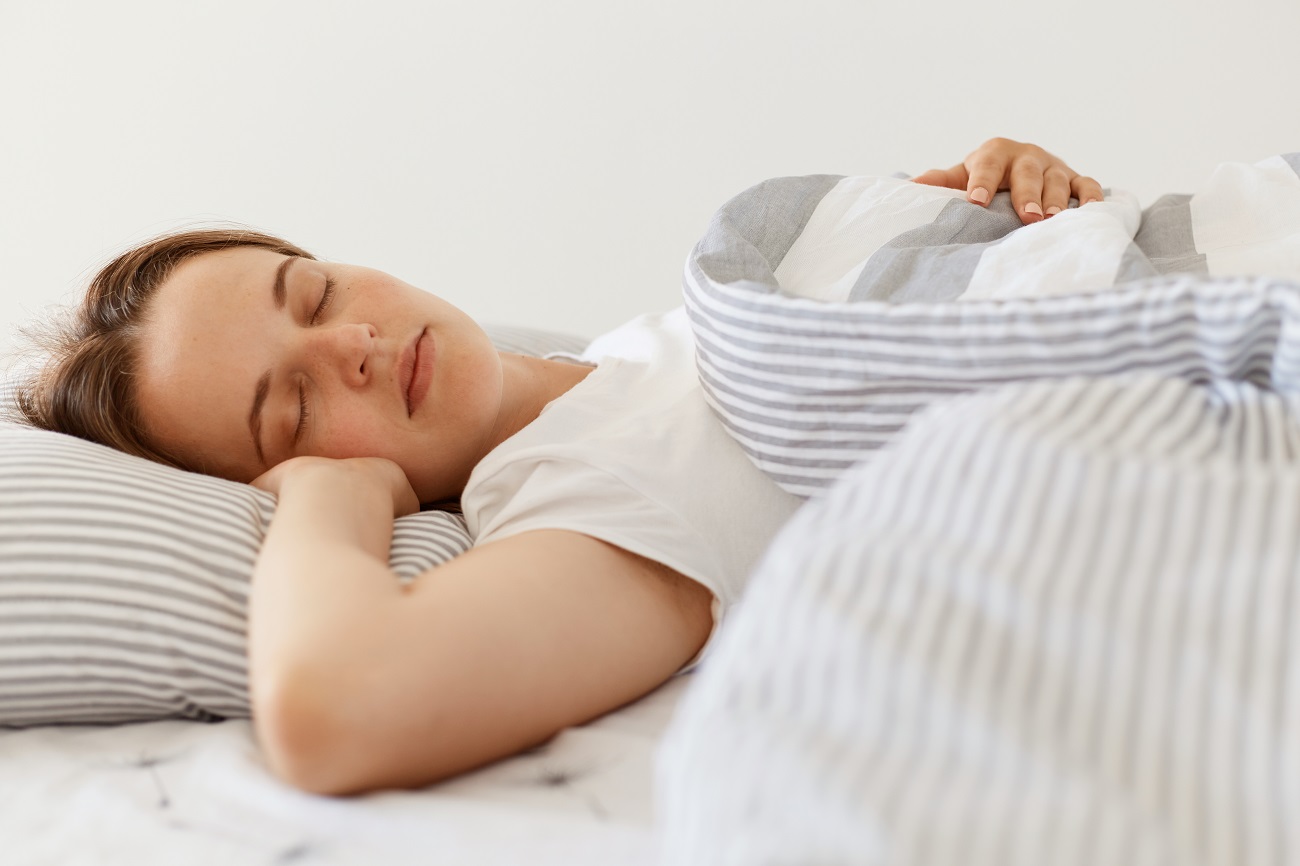3-2-1 rule to help you sleep like a baby
 Illustrative photo (Freepik)
Illustrative photo (Freepik)
A sleep expert discusses a method that will definitely help you fall asleep quickly and have the best dreams, citing Today.
Why you're not getting enough sleep at night
The reason you may feel tired and unrested upon waking could actually be related to your sleep routine. What you do before your head hits the pillow matters, especially as the seasons change.
Sleep specialist and clinical psychologist Michael Breus says that with the change from summer to autumn, our sleep habits also shift.
As the days grow shorter and temperatures drop, all of these factors play a role. Breus suggests a sleep hygiene procedure that can adjust your sleep time and help you feel energized as the sun rises.
3-2-1 rule to fall asleep faster
There are three things you should eliminate before bedtime to achieve better sleep at night. Through these simple guidelines, which form the 3-2-1 sleep rule, Breus explains what they entail:
- Three hours before sleep: Stop consuming alcohol.
- Two hours before sleep: Stop eating.
- One hour before sleep: Stop drinking fluids.
Avoid blue light
Breus advises against watching TV or other screens before bedtime if possible.
Close your eyes, set a timer to turn off the TV, and let the background noise lull you to sleep.

Photo: Freepik
Lower room temperature
As it gets cooler outside, open a window and notice how quickly you fall asleep. Research shows that excessive heat or cold can lead to wakefulness when trying to rest. So, find an optimal temperature that is cool enough for you to drift off.
Limit physical activity before bedtime
"One of the things you have to worry about is if you exercise right before bed, you increase your core body temperature. Remember, your body wants to cool as it falls asleep," advises the expert.
Thus, he recommends avoiding physical activity four hours before bedtime.
4-7-8 breathing technique for falling asleep
When you struggle with a restless night, Breus suggests another method to help you return to sleep: the 4-7-8 breathing technique, which slows the heart rate and relaxes you.
- Inhale for four seconds.
- Hold your breath for seven seconds.
- Exhale for eight seconds.
According to the doctor, while fast, shallow breathing can induce feelings of anxiety, deep and slow breathing can be calming.
This material is for informational purposes only and should not be used for medical diagnosis or self-treatment. Our goal is to provide readers with accurate information about symptoms, causes, and methods of detecting diseases. RBС-Ukraine is not responsible for any diagnoses that readers may make based on materials from the resource. We do not recommend self-treatment and advise consulting a doctor in case of any health concerns.

